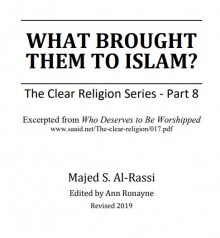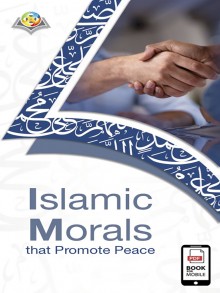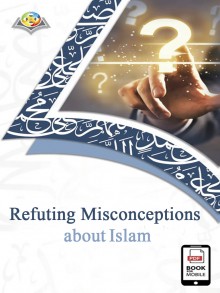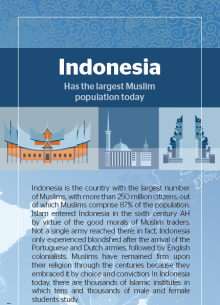This booklet sheds light on nine basic features of the two main sources of Islamic teachings (the Qur’an and the narrations of Prophet Muhammad). It includes a focused discussion on the Islamic moral system, which calls for preserving human rights and strengthening the relationships among humans. It shows how these teachings call upon us to improve ourselves, both inwardly and outwardly, from eighteen different aspects. It should be noted that these moral teachings were revealed from Allah; they are not the result of human work or experiences.
Related tags
Related books
What Brought Them To Islam?
Islam is growing rapidly in the West and around the world and is often called the fastest growing religion. In the U.S. alone, the number of Muslims has risen dramatically, from about ten thousand in the year 1900 to at least several million people today. Despite widespread misconceptions about women in Islam, a growing number of women are finding that Islam is the true religion and the best way of life. Each person who embraces Islam has a unique story and special reasons. This booklet sheds light on the four main reasons for this rapid change in the West to Islam, and it recounts the stories of some thoughtful converts to show the reasons for their conversion.
 Majed S. Al-Rassi
Majed S. Al-Rassi
What drives them to learn about Islam
Indonesia is the country with the largest number of Muslims, with more than 250 million citizens, out of which Muslims comprise 87% of the population. Islam entered Indonesia in the sixth century AH by virtue of the good morals of Muslim traders. Not a single army reached there; in fact, Indonesia only experienced bloodshed after the arrival of the Portuguese and Dutch armies, followed by English colonialists. Muslims have remained firm upon their religion through the centuries because they embraced it by choice and conviction. In Indonesia today, there are thousands of Islamic institutes in which tens and thousands of male and female students study.
 This is ISLAM - thisislam.net
This is ISLAM - thisislam.net




